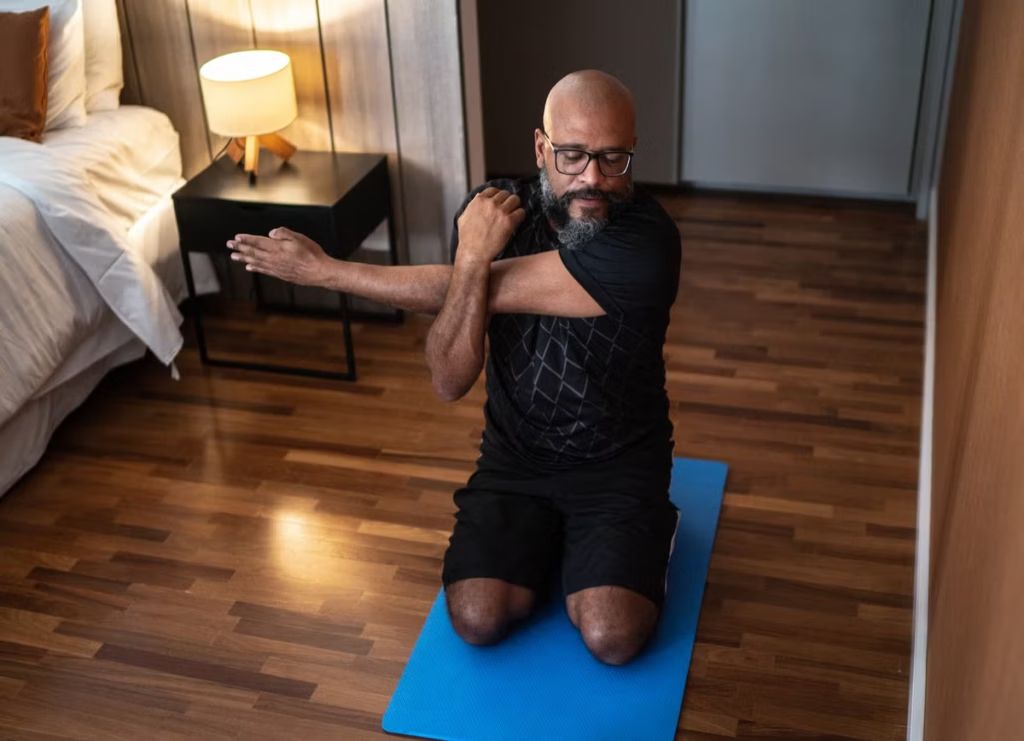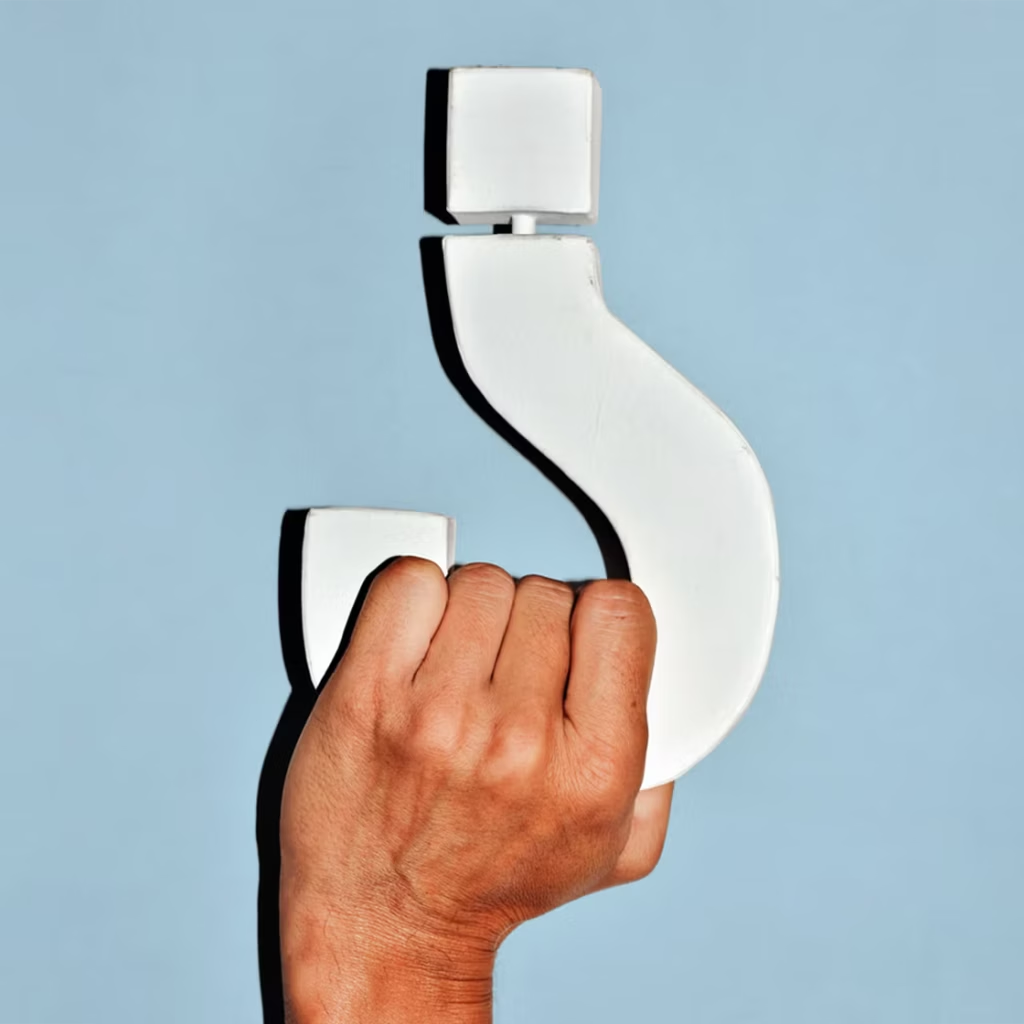When COVID first hit, neurological symptoms such as loss of smell and taste, brain fog and attention deficits were widely reported. Now, new research suggests that prosopagnosia – aka an inability to recognise people’s faces – may also be a symptom affecting people who are suffering with long COVID.
According to a new study conducted by Dartmouth College researchers and published in the journal Cortex, long Covid infections may cause some people to develop difficulties recognising faces. The findings centred on a 28-year-old customer service representative and part-time portrait artist who was diagnosed with Covid in March 2020.
Though she had no trouble recognising faces before being infected, when her symptoms reappeared two months after her initial diagnosis, Annie reported having difficulty with face recognition, as well as navigation.
“My dad’s voice came out of a stranger’s face,” said the subject, known only as ‘Annie’, of failing to recognise her father while attending a family gathering following her relapse. She would also find herself getting lost in the grocery store, forgetting where she parked and driving in the opposite direction of where she intended to go, she said.
Annie also had difficulty recognising celebrities’ faces and “equates looking at and then trying to remember faces to viewing a Chinese character without any knowledge of the language, and then being asked to reproduce it from memory,” write the authors.
A worrying new symptom
“Previous studies of the long-term effects of COVID-19 have reported deficits in memory, attention, and concentration that substantially impair everyday functioning,” the study authors write.
But “in addition to the well-known broad impairments, COVID-19 sometimes causes severe selective impairments like prosopagnosia”.
The specific combination of prosopagnosia and navigational deficits “is something that caught our attention because the two deficits often go hand in hand after somebody either has had brain damage or developmental deficits,” study senior author Brad Duchaine said.
Annie wasn’t the only subject in the study to display visual/perceptual and cognitive difficulties as a result of long Covid. The researchers found that most of the people surveyed for the study reported major decreases in their ability to identify people and objects, recognise voices, remember phone numbers and understand what they read.

Long Covid is characterised by ongoing persistent symptoms that can last for weeks or even months following COVID-19 infection, with around 5-10% of COVID-19 cases in Australia reporting symptoms that lasted for more than three months. The most common symptoms of long Covid are extreme fatigue, shortness of breath and problems with memory and concentration (‘brain fog’), along with cough, joint, muscle or chest pain, a change in taste or smell, and mood-related issues such as anxiety.
However, the new research suggests “there might be a lot of other people who have quite severe and selective deficits following Covid”, said Dr Duchaine.















